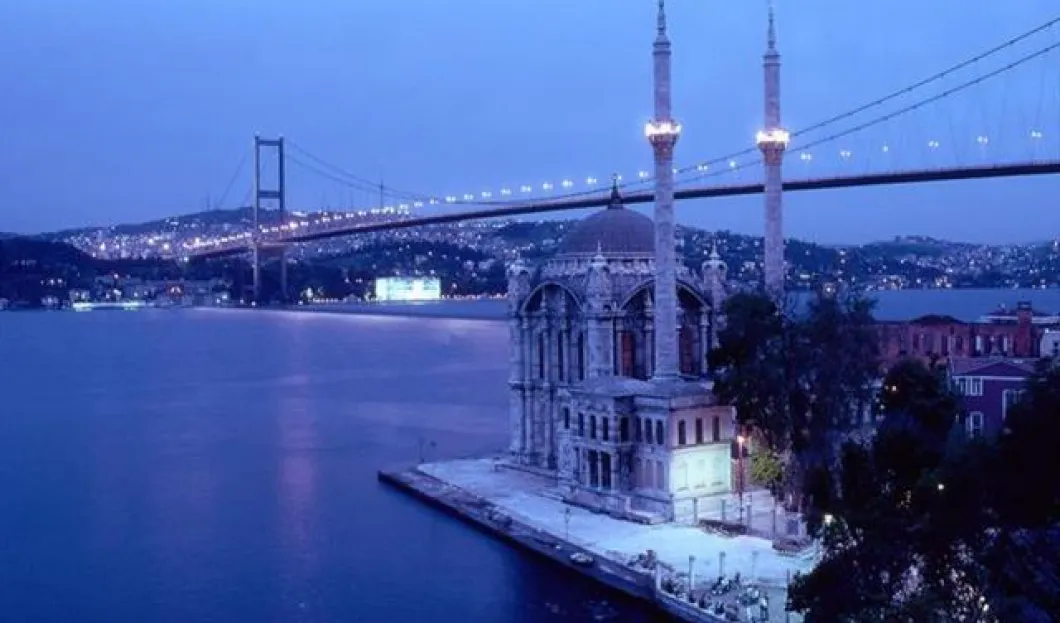
The recent bombing in Istanbul is yet another hit for the declining tourism in Turkey. According to the data released by the Ministry of Tourism, 1.7 million foreigners arrived to the country in April. This is 28% less than a year ago in the same month and it is the worst figure since 1999.
In May, the decline in arrivals from abroad was as much as 34.7%, a collapse not witnessed since 1994. Now, after the Ataturk airport bombing, the situation is expected to worsen even more.
A month ago, a bomb exploded in a police bus not far from the area of the Grand Bazaar, causing a major blow to the declining tourism of Istanbul and Turkey in general.
Another incident affecting the sector was the shooting down of a Russian jet last November. This caused a rapid decrease of tourism inflow from Russia. As mentioned, the effect was devastating – a 28% decrease in April and 34.7% decrease in May compared to 2015.
The Istanbul Ataturk airport bombing was far worse than that of June 7 when the police were the target. The psychological impact of images of terrorists firing randomly into the crowd is definitely stronger. Also, an airport attack is an action affecting the tourists directly.
A terror attack like this affects those who arrive in the country as soon as they land (or were ready to travel home). It scares the Turks as well, but especially the tourists.
The attack happened on the day when Turkey had signed an agreement to reopen the diplomatic relations with Israel, after six years of serious crisis. Moreover, the possibility of a détente with Russia was up in the air, after Erdogan’s letter to Putin. This was also an act that seemed to foreshadow, among other things, a return of Russian tourists. The attack has in fact accelerated the normalization of relations with Russia, but it is unlikely to be the prelude to the return of Russian tourists to Turkey.
The declining tourism numbers in Istanbul were visible for anyone even before the latest bombings. The queues to get to the Hagia Sofia were no longer endless as in the previous years, restaurants in the Beyoglu were not full as usual. The area Kariye Muzesi with the ancient Chora Church, where travelers can admire the Byzantine mosaics of the city, looked the worst – with no visitors, the place was bleak.
According to the latest data, the arrivals in the country from Germany, the largest group (over 5 million in 2015) has fallen by 31.5%. From Britain, the decline was 29.4%. In May, Italian tourist inflow recorded a 56.2% decline. Yet only two years ago, Turkey was the sixth most popular tourism destination in the world, with more than 41 million visitors. It was a sector with a turnover of over 30 billion dollars. This year it is predicted the turnover could reach at most one third of that.
However, Turkey hoped to save themselves with tourists from other countries. And indeed, more and more Chinese and Arabic visitors had been seen in the city streets. The inflow of tourists from Tunisia, Algeria, Jordan, Bahrain and Lebanon grew, as well as from Macedonia, Bulgaria and especially Georgia and Ukraine. But alas, among the casualties of the airport bombing there were also Saudis, Iraqis, Tunisians, Iranians, Jordanians and Ukrainians.
To erase the effects of such a shock is almost impossible, though Turkey has always managed to come out of various difficult situations. The strength of Turkish reaction was also seen a few hours after the last attack. After closing the airport and blocking all flights, the airport started working again immediately (albeit at a reduced pace), from 2:20 of the night.
However, to revive the declining tourism it will take a long period of peace, which is exactly what has been missing in the country for about a year now. It seems that as soon as there is a period of relative calm, tourists slowly return.










